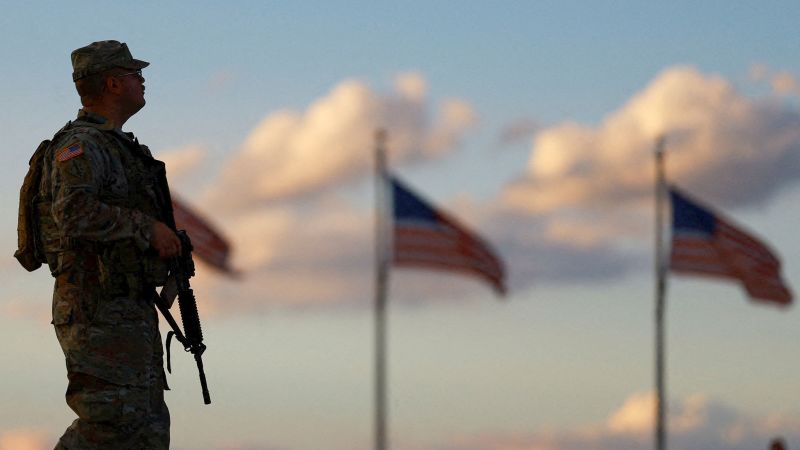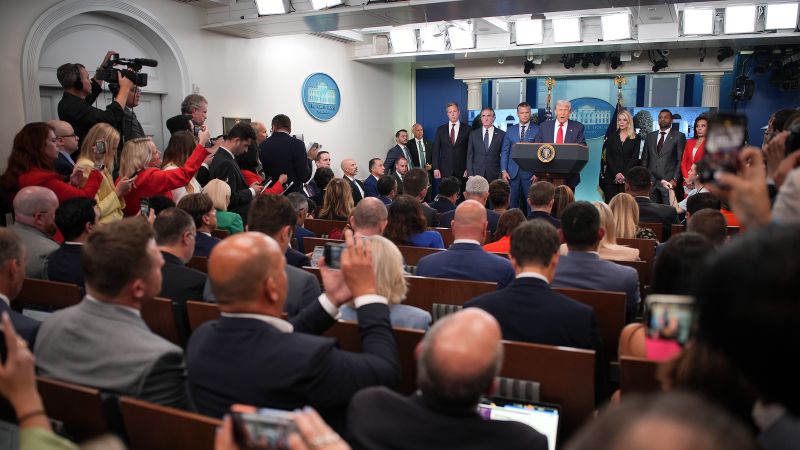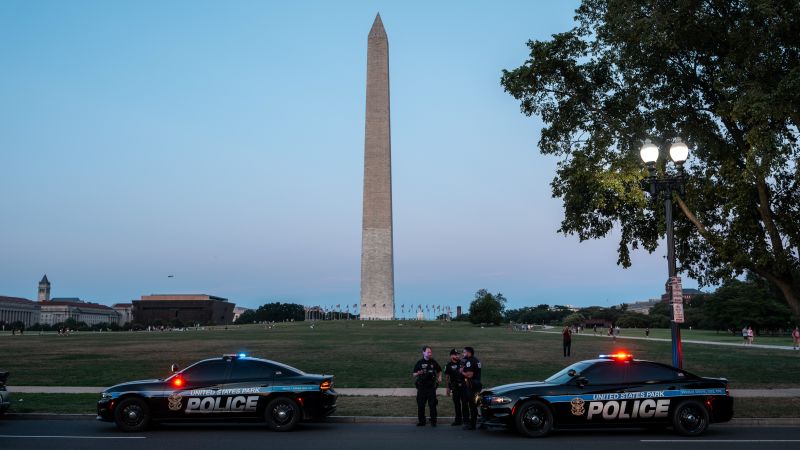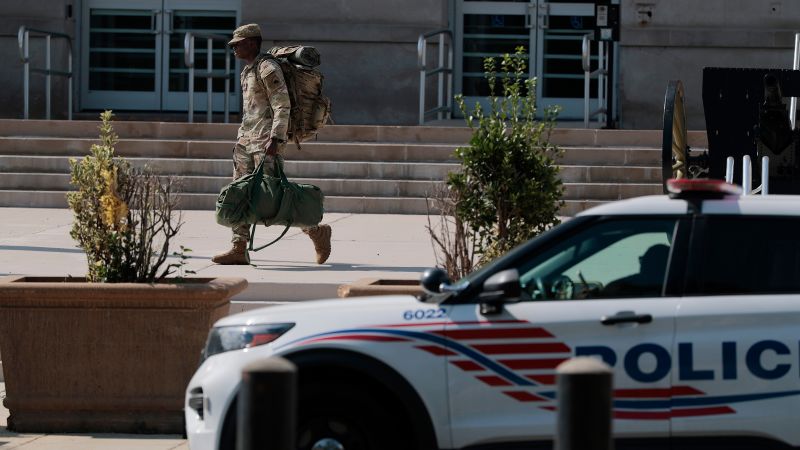
The Debate Over Trump's Militarized Approach to Law Enforcement
Opinion | 8/27/2025
President Donald Trump’s decision to deploy military personnel within the United States has drawn attention for its resemblance to past political strategies. The militarization of law enforcement by the Trump administration has sparked debate over its effectiveness and implications.
Critics argue that Trump’s militarized approach to crime may be yielding unintended consequences. While the President frames this as a necessary step to restore law and order, concerns have been raised about the potential erosion of civil liberties and the militarization of domestic law enforcement.
A legal expert, speaking on condition of anonymity, highlighted the historical context of the Posse Comitatus Act, which restricts the use of federal military personnel in civilian law enforcement. The deployment of troops in response to civil unrest raises questions about the boundaries between federal authority and local governance.
Supporters of Trump’s actions assert that a strong stance on crime is essential for maintaining public safety and order. They argue that a militarized approach can effectively deter criminal activities and protect communities from violence and unrest.
The ongoing debate surrounding Trump’s militarized crime crackdown underscores the complex intersection of security, civil liberties, and federal-state relations. As the political and legal implications continue to unfold, the balance between law enforcement effectiveness and constitutional boundaries remains a central point of contention.
In conclusion, Trump’s utilization of military forces in domestic law enforcement reflects a broader discussion on the role of government in addressing crime and maintaining public safety. The efficacy and consequences of such militarized approaches will likely remain a topic of scrutiny and debate in the ongoing discourse on national security and civil liberties.


